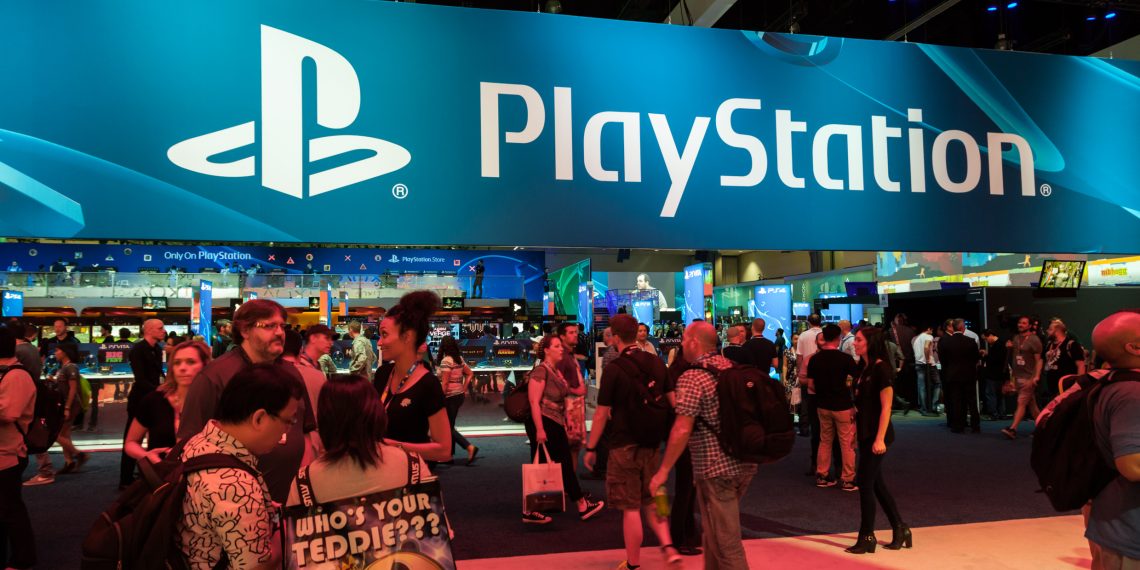Sony’s Strategic Downsizing Amidst Gaming Industry Shifts
In a move that’s shaking up the video game world, Sony has decided to let go of its royal flush, folding a significant portion of its hand in the high-stakes poker game of the gaming industry. The tech giant has announced a workforce reduction that will see around 900 employees—8% of its gaming division’s workforce—bid their desks farewell. This strategic downsizing is resonating through several prestigious PlayStation first-party studios, with the likes of Insomniac Games, Guerrilla, Naughty Dog, and Firesprite feeling the tremors. But perhaps the most poignant cut is the complete shutdown of PlayStation’s London Studio, the creative hub known for VR favorites such as “Blood and Truth” and an anticipated multiplayer title that now, sadly, may never see the light of day. In the context of a rapidly evolving market, this move underscores Sony’s willingness to take difficult steps to adapt and streamline operations. By reducing its workforce, Sony is not only responding to immediate financial pressures but is also positioning itself to be more agile in a future where industry trends and consumer preferences are increasingly unpredictable.
This isn’t just Sony tightening its belt—it’s a reflection of broader shifts in the gaming industry. The landscape is changing, with rising development costs and the need for blockbuster hits forcing companies to reevaluate their portfolios. In this high-risk environment, Sony’s decision reflects a clear-eyed focus on long-term sustainability, ensuring that the PlayStation platform continues to deliver the quality experiences it’s known for. Still, while the company’s future might look lean and mean, the immediate impact is anything but a game, with numerous projects being dropped and talented game-makers left in the lurch. By trimming down its operations, Sony is also making a calculated effort to concentrate resources on fewer, potentially more successful projects, thereby mitigating risk and adapting to the industry’s growing emphasis on blockbuster titles. However, it’s also critical to acknowledge that such a strategy comes with the hefty price of lost jobs and the potential stifling of innovation.
Balancing the Books and Sony’s Tough Choices in a Competitive Market
Crunching numbers and balancing books, Sony’s tough love approach to business is a hard pill to swallow for those caught in the midst. The company’s decision to cancel multiple game projects isn’t taken lightly, as it comes with the heavy cost of dreams deferred and careers interrupted. It’s a stark reminder that when the going gets tough, the tough get going, and in a market as competitive as gaming, only the fittest—or perhaps the most ruthless—survive. The necessity of these decisions speaks volumes about the volatility and cutthroat nature of the industry, where financial imperatives often take precedence over individual aspirations. Sony’s strategy entails not just fiscal prudence but a painful reevaluation of projects and priorities, which, while ensuring the company’s financial health, casts a long shadow on the personal lives of its employees.
Sony’s President and CEO, Jim Ryan, has been candid about the strategy, stating that these measures are key for ensuring the console kingpin stays on its throne. But the cuts run deep, affecting studios both in the US and UK, disrupting lives and livelihoods on both sides of the pond. With over 6,000 industry layoffs reported in 2024 alone, the narrative of game development as a passion-fueled wonderland is being overwritten by a more sobering story of corporate pragmatism. Ryan’s openness regarding the restructuring process does provide some transparency, giving a glimpse into the tough choices that have to be made at the helm of a leading company in such a dynamic sector. Despite this, it’s the individual stories of those affected that truly illuminate the human element of corporate decision-making.
The Human Cost of Corporate Restructuring and Stories from Affected Employees
Behind every corporate decision, there’s a human story. For the employees at Sony’s now-doomed London Studio and beyond, the pink slips come as a crushing blow. These are game developers and creatives who’ve poured their hearts into projects, only to see their work—and in some cases, their studios—vanish like ghosts. One London Studio employee took to social media to express their devastation, painting a grim picture of the personal toll these closures take. It’s not just employment or a paycheck that’s lost, but a sense of community and shared purpose that had been built over years of collaboration. As the reality of the restructuring sets in, the affected individuals must now navigate the challenges of finding new roles in an industry that is itself undergoing significant transformation, all while dealing with the emotional impact of such a sudden and significant change.
The End of an Era for London Studio and A Look at its Legacy and Loss
London Studio’s curtain call is emblematic of the turbulent times. The studio, with its rich history of VR innovation and contributions to gaming, will be remembered for pushing boundaries and bringing immersive worlds to life. Its closure not only marks the end of an era but also serves as a stark reminder of the fragility of the industry’s creative pillars. The studio’s demise is not just a loss for Sony but also for the gaming community at large, which benefited from its pioneering spirit and willingness to take risks in the ever-evolving landscape of virtual reality. As London Studio takes its final bow, the industry reflects on the transient nature of technological advancement and the continuous need to balance creativity with corporate strategy.
As Sony navigates through these changes, the gaming community watches with bated breath. Will the tech titan’s bet on a leaner, more focused future pay off? Or will the cost of these cuts prove too high, measured not just in profits, but in the erosion of a once-unshakeable faith in the magic of gaming? Only time will tell, but for now, the roulette wheel spins, and all bets are off. The broader implications for the gaming world are significant, as industry observers and other gaming companies alike speculate on the long-term effects of such a high-profile restructure. Will this herald a new era of consolidation and focus, or could it signal a retreat from the ambitious, experimental projects that have long fueled the industry’s growth and diversity? As Sony’s restructure roulette continues to turn, the entire gaming ecosystem awaits the results with both anticipation and concern.










